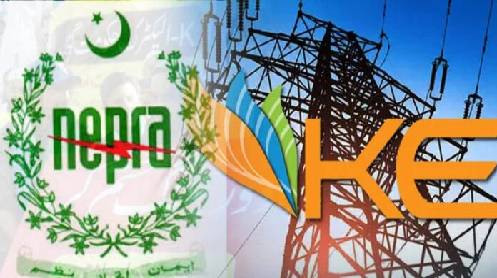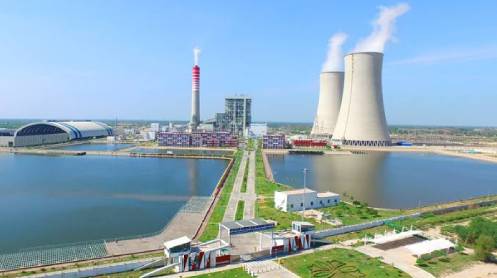ISLAMABAD: The National Electric Power Regulatory Authority (NEPRA) faced severe criticism from political and business circles in Karachi on Tuesday after K-Electric requested an additional fuel cost adjustment (FCA) of Rs5.45 per unit for May and June. The private power utility demanded an additional FCA of Rs2.53 per unit for May and Rs2.92 per unit for June, amounting to a total financial impact of Rs10.036 billion.
Led by Chief Financial Officer Aamir Ghaziani, K-Electric’s team pointed out that consumers of other ex-Wapda distribution companies had already been subjected to an additional FCA of Rs3.33 per unit for May and Rs2.63 per unit for June, with a cumulative impact of Rs75 billion.
Consumers criticized NEPRA for being a “rubber stamp” by approving power tariff increases and FCAs demanded by power companies. Business representatives from Karachi, already burdened with Rs8.7 per unit in FCAs from previous months, warned that the new adjustments could push additional costs beyond Rs10.8 per unit, potentially causing unrest in the city.
They argued that high energy costs were closing industries and increasing unemployment and demanded that K-Electric’s generation license be revoked and cheaper surplus supply from the National Transmission and Dispatch Company (NTDC) be redirected to Karachi.
Despite NEPRA fining K-Electric Rs50 million in April for technical load-shedding, the issues persist. Imran Shahid from Jamaat-i-Islami’s Karachi chapter accused NEPRA of supporting K-Electric and failing to protect consumers, who are owed Rs54 billion under a claw-back mechanism.
NEPRA Chairman Waseem Mukhtar defended the regulator’s decisions, stressing transparency and the availability of all decisions on the NEPRA website for review and challenge at appellate forums.
Representatives from the Korangi Association echoed concerns over price hikes, highlighting severe heat and prolonged load-shedding in May and June. They suggested spreading the collection of increased electricity bills over winter months to mitigate public unrest.
The situation underscores the growing tension between power regulators, utilities, and consumers in Karachi amid escalating energy costs.
Story by Khaleeq Kiani





